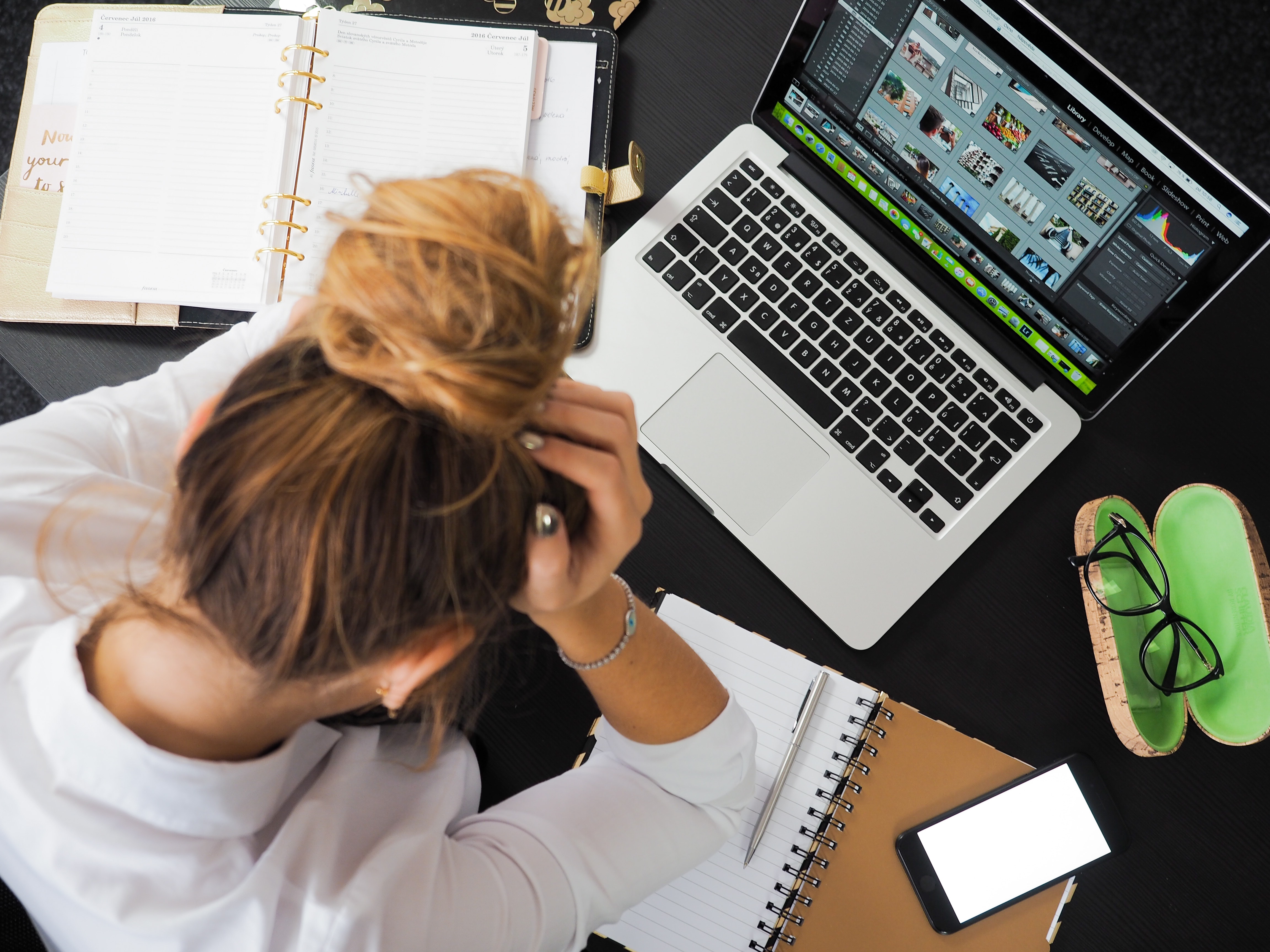All businesses face the occasional financial crisis but when they become a critical problem you need to know exactly where you stand. In our help for directors section, you will find specific information for answering your questions around if you are insolvent, what you need to do if you are and how it will affect you.
Quick Section Links
Worried About Insolvency | BBLs | Dealing With Creditors | HMRC Arrears | Directors & Redundancy
What is known as Creditors Voluntary Liquidation is the process that most businesses must go through if they are insolvent. It can be a difficult time for everyone involved, so we have created this special section of our site to give you the important facts about CVLs in a clear and down to earth way so you can see where you stand.
Quick Section Links
This is when your company is still solvent, but you (and your fellow directors) decide it is time to call it a day and retire or move on to the next stage of your lives. With an MVL, you will release the assets and use these funds to pay off the creditors before returning the remaining funds to the shareholders.
Quick Section Links
Your first year in business is where the dream meets reality. It is where the decisions you make about everything from cashflow to marketing affect your chances of survival. This section is a real world look at some things that will help you avoid being one of the thousands of businesses that close in the first 12 months.

